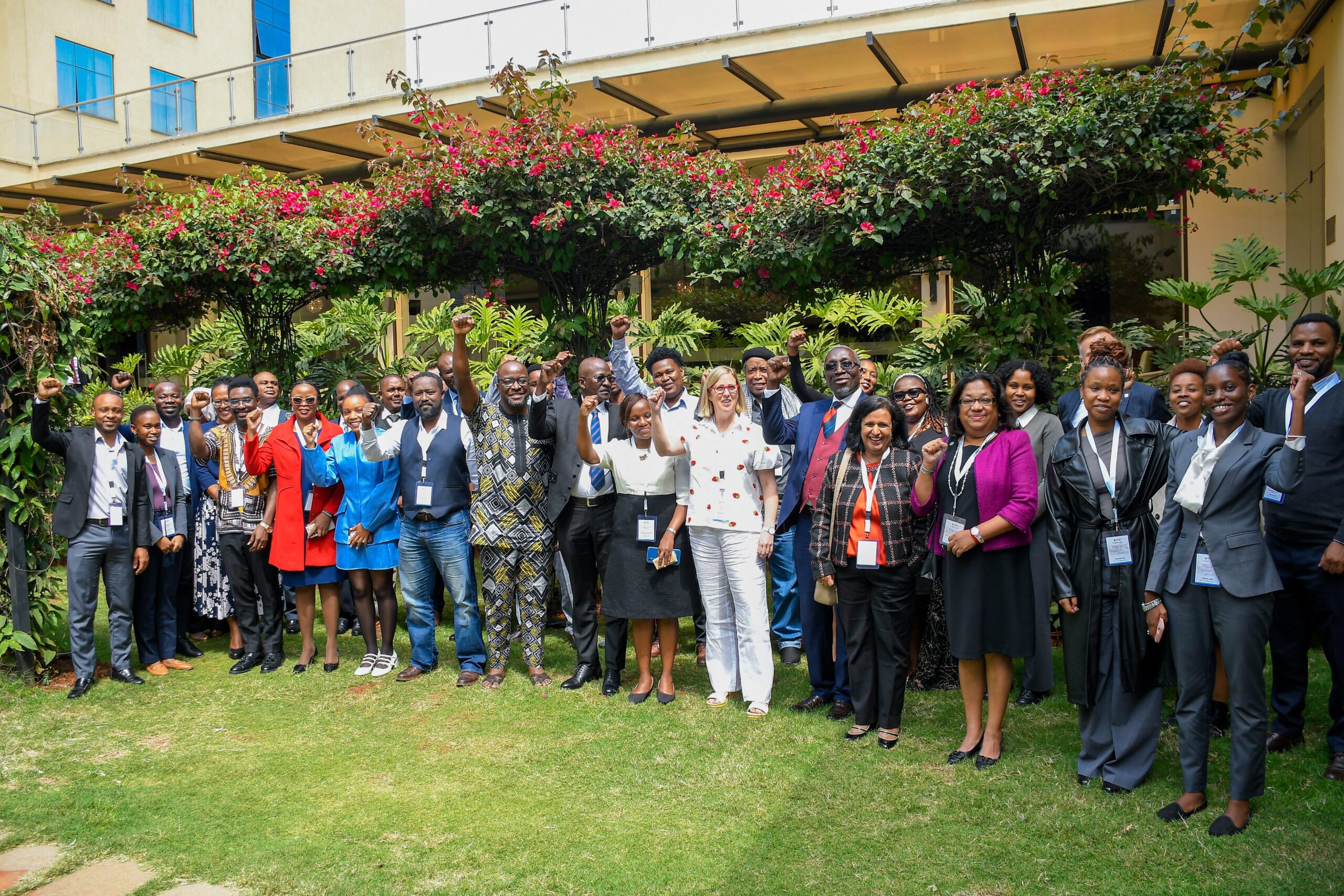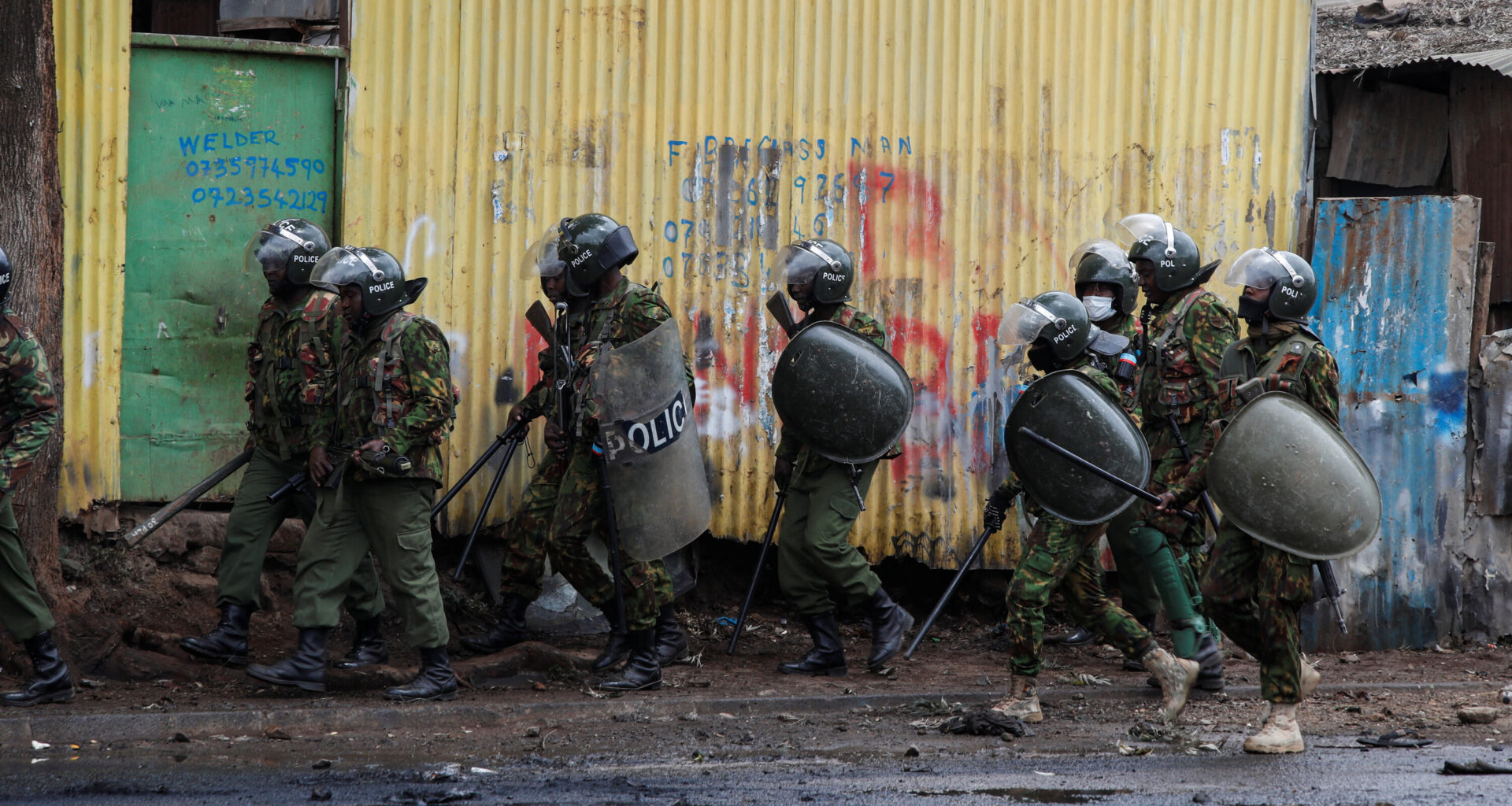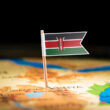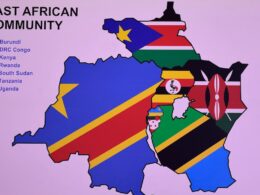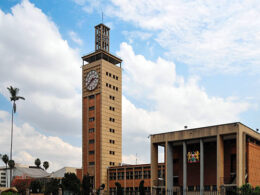NAIROBI,Kenya – In October 2023, the United Nations Security Council approved what was called the Multinational Security Support to Haiti. As may be well known, Haiti is dealing with a serious problem of gang violence and gang related crimes. It is reported that at least 5000 people have been killed as a result of gang violence and at least 200,000 others have been displaced.
In the most recent news, it is reported that a state of emergency was declared after 4,000 inmates were assisted to escape prison. The UN in a recent release indicated that it had documented 4,789 deaths through said gang violence which saw an increase of 119 per cent from 2022 where and additional 3000 had been kidnapped in the same period.
The political situation in Haiti is equally glaring where after the assassination of then President Jovenel Moise the country seems to have sunk in deeper turmoil. It is being reported that the Prime Minister is unable to return to the country with reports that the gang does not want him back on Haitian soil with a threat of civil war if he does.
From an outsider’s perspective, whose only source of information is the media, one can only appreciate the dire situation the country is in and hence the UN Security Council resolution. It is after this resolution that Kenya agreed to send at least 1000 police officers to the Caribbean nation.
It is worth noting that of the countries that showed commitment to this operation, only Kenya agreed to send the highest number of officers. The United States indicated that they would not be sending any troops but hoped to provide at least USD 100 million to back the Multinational mission for logistical and financial assistance.
The deployment of the Kenyan police to Haiti was challenged before the High Court of Kenya and a judgement was delivered by Justice Chacha Mwita where he found that such actions were illegal and unconstitutional and hence no such police officers were to be deployed.
It was rightly argued that nowhere in our Constitution or statues touching our international cooperation and security that police officers can be deployed to other countries for peace keeping mission.
The judge equally and rightfully stated that is a reserve of the defence forces. After the High Court delivered its decision, the President publicly choose to ignore the directive of the Court and has insisted that police officers ‘must’ be sent to Haiti for the mission.
Such outward disrespect for court orders is very concerning, one wonders then why do we have courts issue orders which are to be ignored or rubbished in a manner that they serve no purposes. I will agree with the sentiments of the judge that Kenya agreeing to help the nation of Haiti was a noble thing but since it does not conform with Constitution and Statutes it is illegal and should not be implemented.
It is important that we are reminded that Kenya is a country governed by the rule of law and as such we are to adhere and be guided by the dictates of the law. It is important to remember that as per our Constitutional provisions, no one is above the law and court decisions, unless overturned through appeal, are binding upon every Kenyan. The situation is no different with the order not to deploy our police to Haiti.
Our courts are the last line of defence when everything else around us seem to fail, if the orders they issue are not be adhere to, what message is being sent even to the ordinary citizens. It needs to be appreciated that we cannot put the lives of our police at risk given the situation in Haiti and the judgment of the court may just be that saving grace.
Court orders are not made in vain, they are to ensure that adherence to the rule of law is safeguarded and Constitutionalism upheld. I may not be aware what ‘interests’ those pushing for the deployment have, but I can state that the same should not override a court order. As such, it is important that the court decision barring the deployment of the police to Haiti be respected.
The Author Wallace Nderu is an Advocate of the High Court and a Programme Officer at ICJ Kenya.
This article was first published on the Daily Nation.




